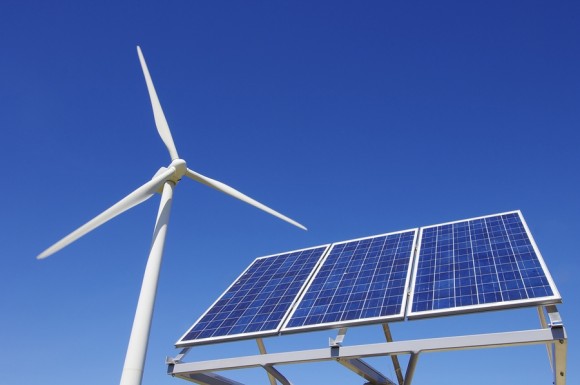Specialty insurance provider GCube called upon the American solar power sector to take significant action regarding the risk of wildfires over the next several months.
Released on August 19th, the report states that around 50% of claims for solar generation equipment damaged by climatic factors over a ten-year period were caused by wildfires in various regions. The collective damage has led to losses of tens of millions of dollars to various players in the solar power sector.
Given how wildfires in the western United States have grown worse due to recent heatwaves and drought, much of the damage reported has involved the destruction of solar panels from extreme heat.
With wildfires appearing to grow worse and more frequent over the past couple of years due to climate change, GCube analysts say that there is a strong potential that solar power companies may have substantial losses come summer 2022.
Rethinking asset management in current circumstances
For GCube CEO Fraser McLachlan, solar energy companies need to come to terms with the fact that any equipment located outdoors stands to risk substantial damage during wildfires and natural disasters such as earthquakes and extreme heatwaves.
“While some [types of equipment are] robust [against] most forms of extreme weather, they all pose a high risk of damage,” he said.
It has not helped that ongoing economic issues between the United States and China remain unresolved, particularly in the context of government sanctions currently in place against Chinese companies manufacturing necessary components for solar power generation.
Issues like these affect the supply networks and could mean delays in repairing or replacing damaged equipment. Indeed, whole solar arrays may not function for months after a calamity.
Another key issue involves a notable insufficiency in fire risk management against escalating summer temperatures throughout the northwestern states and in Canada. This makes the possibility of wildfires engulfing wider areas very likely.
The GCube report also reminded solar asset owners that they might be considered legally liable for any property damage that affects third parties or stakeholders.
What happens next?
A key recommendation from the GCube report is for solar power companies to take a more proactive stance against the possibility of wildfire damage. In addition, companies need to collaborate with their insurance providers to consider and implement the most appropriate risk reduction measures for their equipment in wildfire-prone areas.
“We want to work with our clients to ensure they take appropriate action to prevent severe losses,” McLachlan said. “We need to take a more data-driven approach to determine if their projects may be significantly prone to fire damage.”














